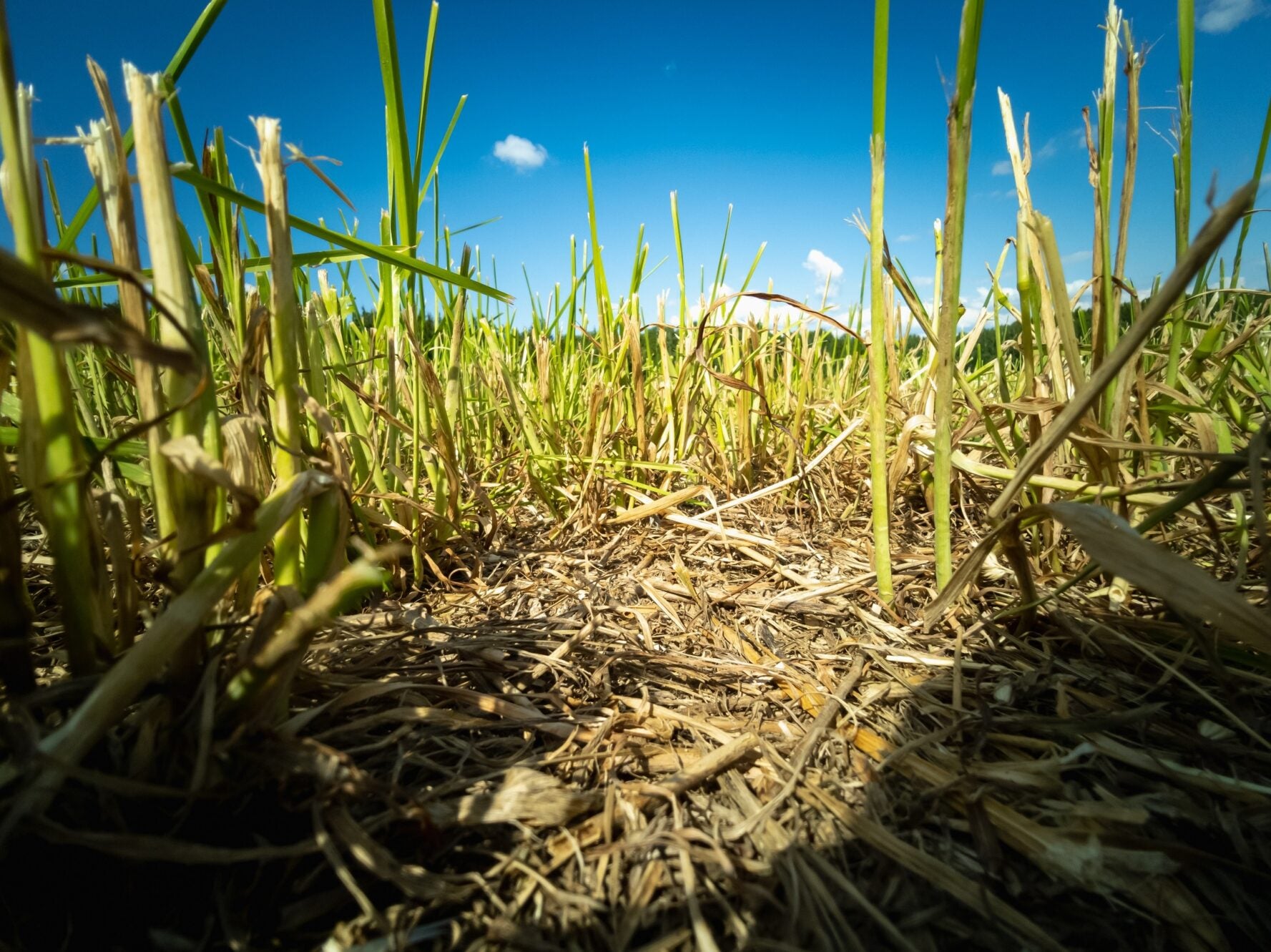
The drought affecting swathes of Europe is hitting crop yields and the EU has warned forecasts of drier-than-normal conditions could worsen the situation.
A report issued by the European Commission’s Joint Research Centre (JRC) says 44% of the combined territory of the EU and the UK is at a “warning” drought level, with a further 9% ranked at “alert” level – proportions the researchers described as “staggering”.

Discover B2B Marketing That Performs
Combine business intelligence and editorial excellence to reach engaged professionals across 36 leading media platforms.
The “warning” classification is defined by a deficit in soil moisture. The “alert” category speaks of vegetation stress following a deficit in soil moisture.
In its report, the JRC said the “drought hazard” had been increasing in recent months, pointing to France, western Germany, “several Mediterranean regions” – including parts of Italy and Greece – and Romania.
“Competition for water resources is high and started earlier than usual. Water and heat stresses have reduced crop yield and crop yield potential. Water supply may be compromised in the coming months,” the report said.
In a separate statement, the JRC outlined the impact in certain countries. “Water and heat stress are driving crop yields down from a previously already negative outlook for cereals and other crops. France, Romania, Spain, Portugal and Italy will need to deal with this reduced crop yield. Germany, Poland, Hungary, Slovenia and Croatia are also impacted.

US Tariffs are shifting - will you react or anticipate?
Don’t let policy changes catch you off guard. Stay proactive with real-time data and expert analysis.
By GlobalData“In Italy, the Po River basin is facing the highest level of drought severity. Drought emergency has been declared in five Italian regions and insufficient water availability has led to multiple use restrictions across municipalities. Similar measures to restrict water use have been taken in France.
“The situation is also difficult across the Iberian Peninsula. In Spain, volumes of water stored in reservoirs are currently 31% lower than the ten-year average. In Portugal, hydroelectric energy stored in water reservoirs is at half the average of the previous seven years.”
Looking ahead, the JRC cautioned “severely drier-than-normal weather conditions” are predicted across 14 countries between July and September, stretching from Ireland to northern Romania.
“These forecasts add concerns to the already very critical situation and, if confirmed, will exacerbate drought severity and the impacts on agriculture, energy and water supply,” the report said.
Against the backdrop of the record-high temperatures seen in parts of Europe this week, the JRC added: “While drought mitigation strategies are of the utmost importance now, so is tackling the root cause of the problem: climate change and its disruption of the planet’s water cycle. Further efforts are needed also for preventively adapting to the changing weather patterns by climate-proofing energy supply and applying sustainable solutions in agriculture.”
On Tuesday (20 July), Minette Batters, the president of the UK’s National Farmers Union, told the BBC: “This is unprecedented really. We’ve never faced into temperatures like this. Water for irrigated crops is becoming restricted and crops which wouldn’t normally require irrigation, such as sugar beet, are demanding water.
“I think it really highlights the issues of water security and this comes about on top of exponential costs, of course. The costs on labour that are rising, the costs on inputs – fertiliser, energy, fuel – all of which are out of growers’ and farmers’ control.”
She added: “It’s early days. We are not in full-blown drought – yet.”





